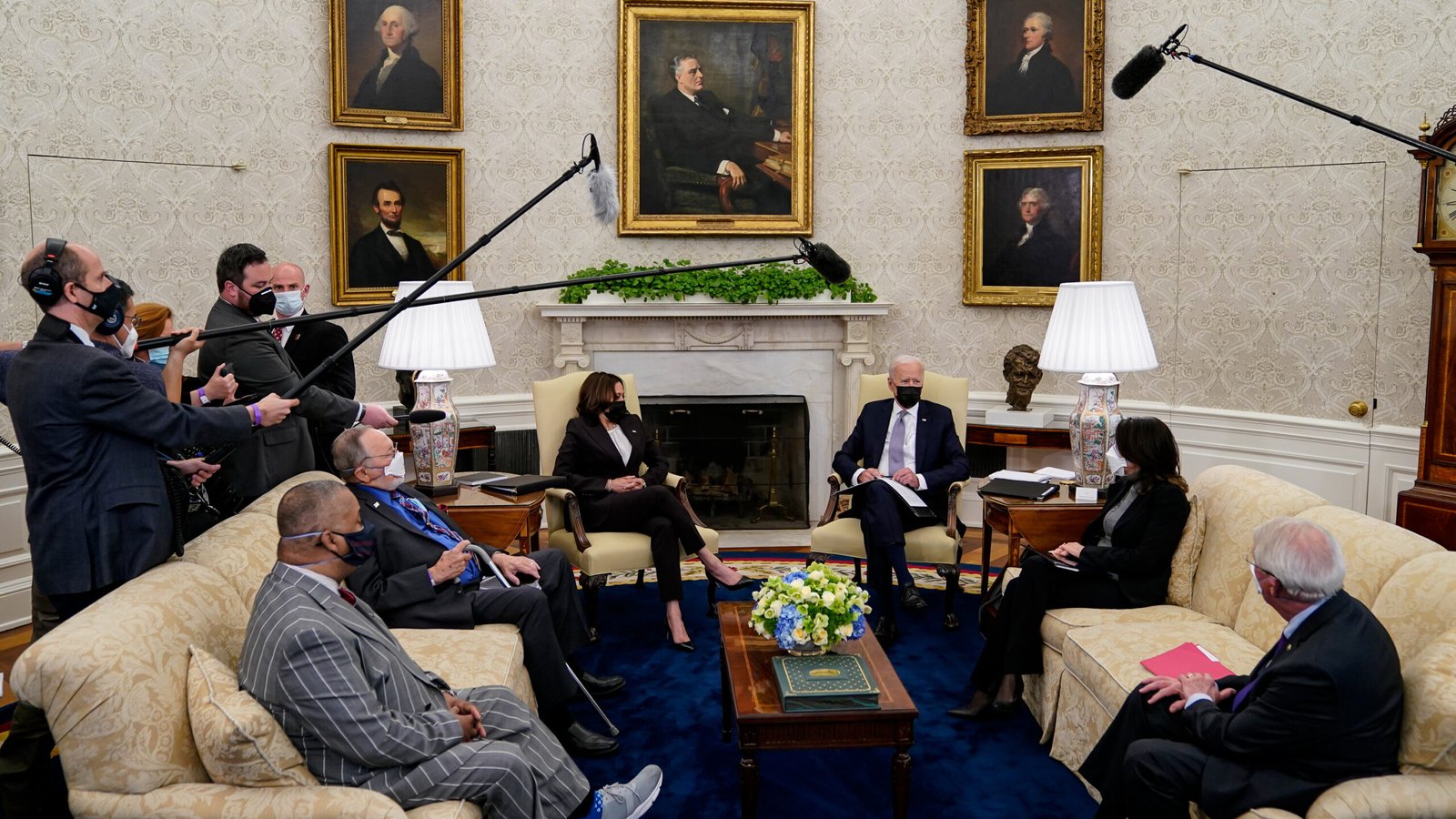In a move that underscores the growing importance of digital assets in the global economy, the U.S. Congress has officially formed a bipartisan working group aimed at developing robust policies to regulate and govern the rapidly expanding digital asset sector. With the increasing interest in cryptocurrencies, blockchain technology, and other forms of digital finance, Congress recognizes the need for a comprehensive framework that fosters innovation while also safeguarding consumers, businesses, and the broader financial system.
Digital assets, including cryptocurrencies like Bitcoin and Ethereum, have revolutionized how financial transactions are conducted, offering new opportunities for investment, trading, and technological advancements. However, with these advancements come significant challenges. Regulatory uncertainty, concerns about security, fraud, market volatility, and the potential misuse of digital currencies have prompted calls for clearer, more structured policies. The bipartisan working group, formed with representatives from both political parties, is tasked with addressing these issues and establishing a balanced approach to digital asset regulation.
One of the primary goals of this working group is to ensure that the United States remains at the forefront of digital asset innovation while minimizing risks to consumers and investors. By fostering collaboration between policymakers, financial experts, and the private sector, the group aims to create a regulatory environment that encourages responsible development and adoption of digital assets. This approach is designed to allow the U.S. to maintain its competitive edge in the global financial landscape while also protecting against potential threats, such as fraud, money laundering, and the use of digital assets for illicit purposes.
Given the rapid pace of technological advancement in the digital asset space, the working group will focus on creating policies that are both flexible and forward-thinking. It will seek to address the challenges that currently exist, such as the lack of clarity surrounding the classification of digital assets, as well as anticipate future developments in blockchain technology and decentralized finance (DeFi). By staying ahead of emerging trends and potential regulatory gaps, the working group hopes to provide a clear roadmap for both industry players and investors.
One of the key issues that the working group will address is the regulatory treatment of cryptocurrencies. Currently, digital assets are treated differently by various federal agencies, which has led to confusion and inconsistency in how they are taxed, traded, and regulated. The Securities and Exchange Commission (SEC) and the Commodity Futures Trading Commission (CFTC) have overlapping jurisdiction over certain digital assets, which has created ambiguity for businesses and individuals involved in the space. A unified and comprehensive regulatory framework will provide much-needed clarity, enabling stakeholders to navigate the legal landscape with greater confidence.
Additionally, the group will explore the potential for creating a U.S. central bank digital currency (CBDC), a topic that has gained considerable attention in recent years. A CBDC could provide the benefits of digital assets, such as faster and cheaper transactions, while maintaining the stability and security of traditional fiat currency. This proposal is still in its early stages, but the working group’s efforts could play a crucial role in determining whether the U.S. government moves forward with the development of a CBDC and how it would be implemented.
Another area of focus for the bipartisan group will be the regulation of decentralized finance (DeFi) platforms, which have become increasingly popular in recent years. DeFi platforms allow users to engage in financial transactions without the need for intermediaries, such as banks or brokers. While these platforms have democratized access to financial services, they have also raised concerns about fraud, market manipulation, and consumer protection. The working group will seek to create policies that balance the need for innovation with the need for regulation to protect users and maintain financial stability.
The U.S. Congress’s formation of this bipartisan working group is an important step toward ensuring that digital assets are integrated into the broader financial system in a secure and responsible manner. As the global economy becomes increasingly digital, policymakers must strike the right balance between fostering innovation and safeguarding public interest. By engaging in a collaborative, bipartisan approach, Congress is sending a message that it is committed to developing a regulatory framework that not only protects consumers but also allows the digital asset industry to thrive.
In conclusion, the formation of a bipartisan working group to develop digital asset policies is a pivotal moment for the future of digital finance in the U.S. The group’s work will help shape the regulatory landscape for digital assets, ensuring that the U.S. remains a leader in financial innovation while addressing the risks associated with emerging technologies. As the digital asset sector continues to evolve, this initiative represents a crucial step toward creating a stable, secure, and transparent environment for both investors and innovators.
Get the latest updates on Energy, Construction, Engineering, and Cryptocurrency. Join us on WhatsApp or Telegram for real-time news. Have a report or article? Send it to report@epci.ng.
Follow us on X (Twitter), Instagram, LinkedIn, and Facebook for more industry insights.







Leave feedback about this